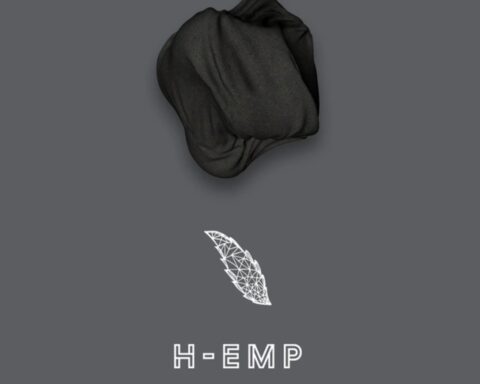According to the Plastic Pollution Coalition, nearly 7.9 billion plastic beauty products are produced annually in the U.S., with packaging accounting for nearly 70% of the beauty industry’s waste. Unfortunately, most of this packaging is not recyclable through curbside programs, leading to overcrowded landfills and pollution in sensitive ecosystems.
To combat this issue, TerraCycle has introduced Zero Waste Boxes designed to recycle all brands of beauty waste. “Our Zero Waste Boxes offer consumers an easy way to divert all types of beauty waste from landfills,” says TerraCycle CEO and Founder, Tom Szaky. “We accept everything from personal care and cosmetics to haircare supplies like brushes and blow dryer attachments. The best part? You don’t have to rinse your beauty empties before recycling them.”
How Zero Waste Boxes Work
This Clean Beauty Day, take inventory of your beauty routine and decide whether the items you’re discarding can be reused, donated, or recycled. If they’re destined for the trash, consider using TerraCycle’s Zero Waste Boxes. Here’s how it works:
Browse and Select: Choose a Zero Waste Box that suits your needs from TerraCycle’s collection.
Fill and Return: Fill your box with hard-to-recycle trash and return it using the prepaid shipping label.
Recycle and Reuse: The collected items are cleaned, processed, and remolded into pellets to create new products.
It’s a simple, effective way to keep beauty waste out of landfills and incinerators.
Benefits of Zero Waste Boxes
Beauty Products and Packaging: Recycle all types of beauty waste.
Personal Care Accessories: Includes items like hairbrushes and blow dryer attachments.
Bathroom Separation: Ideal for a variety of bathroom products.
About TerraCycle
TerraCycle is an international leader in innovative sustainability solutions, creating platforms in recycling, recycled materials, and reuse. Operating in 21 countries, TerraCycle is dedicated to rethinking waste and developing practical solutions for today’s complex waste challenges. Their multi-stakeholder community includes Fortune 500 companies, schools, and individuals.
By participating in TerraCycle’s programs, consumers can help move the world from a linear economy to a circular one. For more information on TerraCycle and their innovative recycling solutions, visit www.terracycle.com.
Meta Description: Discover how TerraCycle’s Zero Waste Boxes are revolutionizing beauty product recycling this National Clean Beauty Day. Learn more about their innovative solutions for reducing beauty industry waste.
Report Isis Lovell
Life Feels Good Reporter

Report by David Correa









